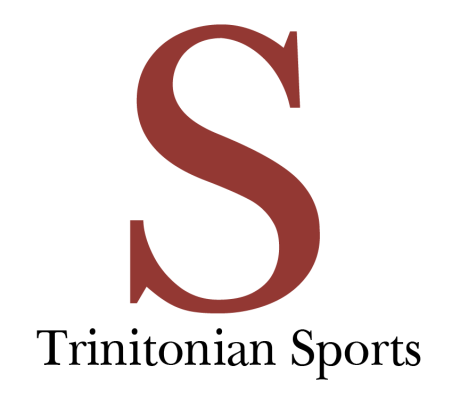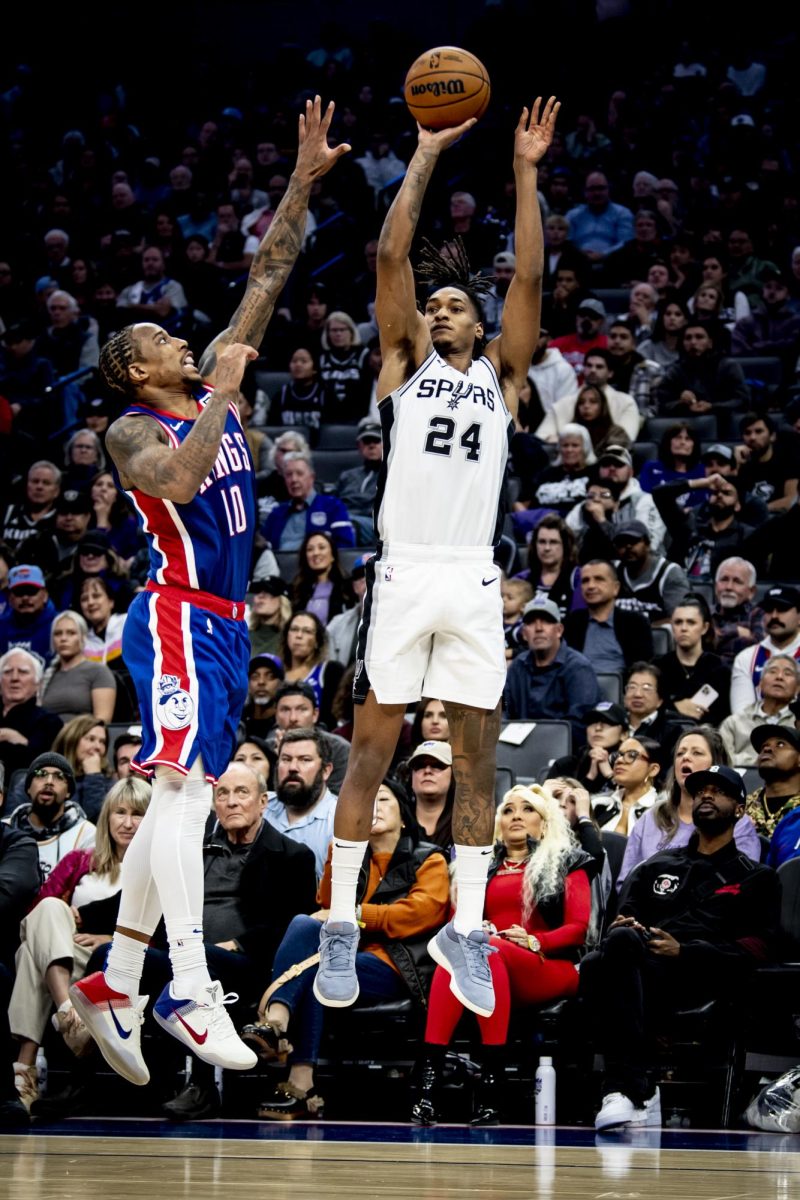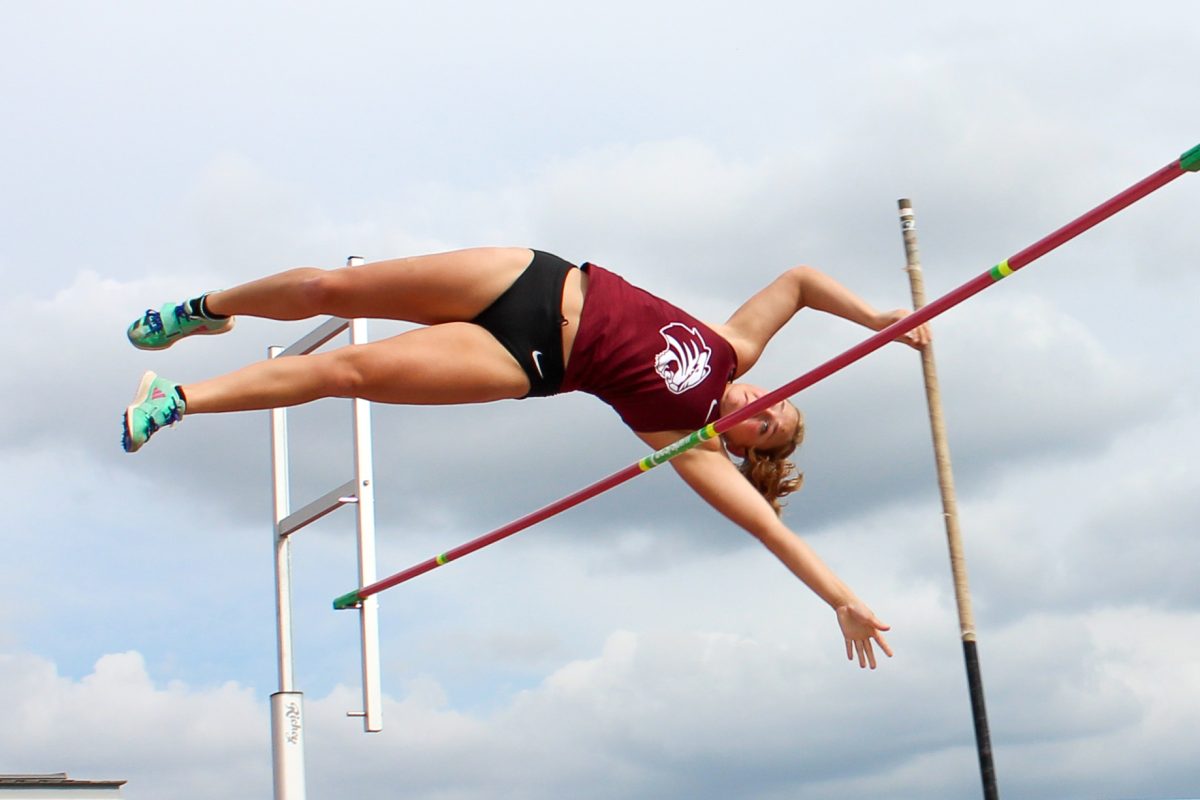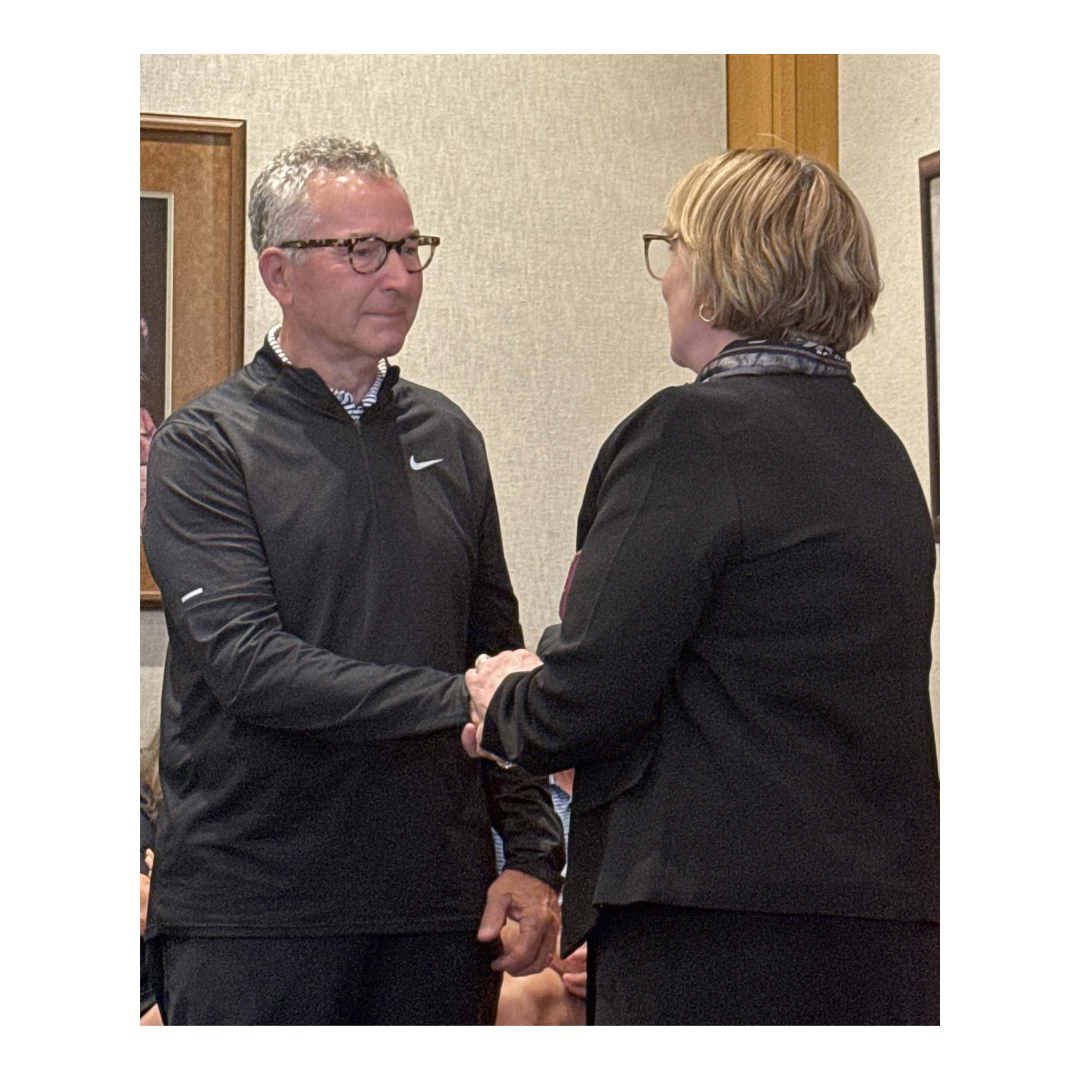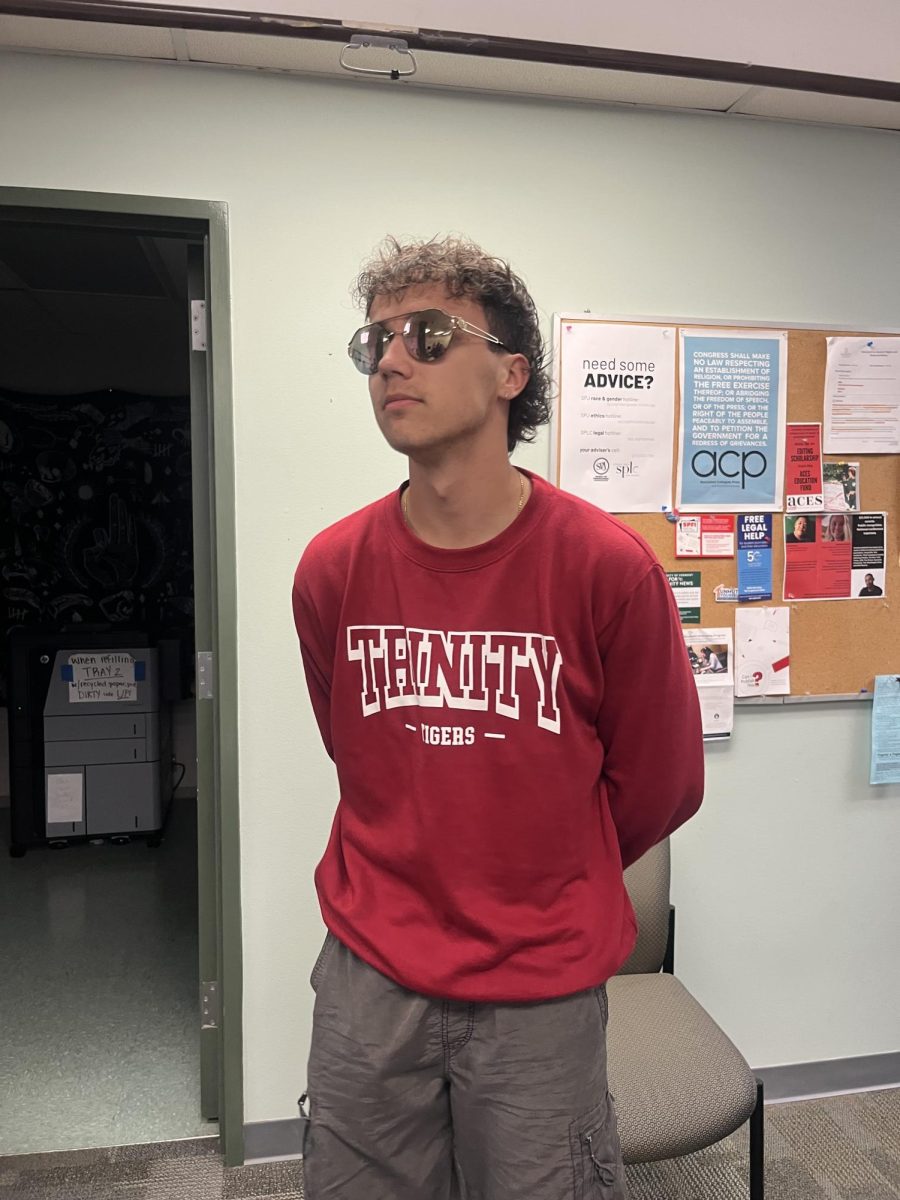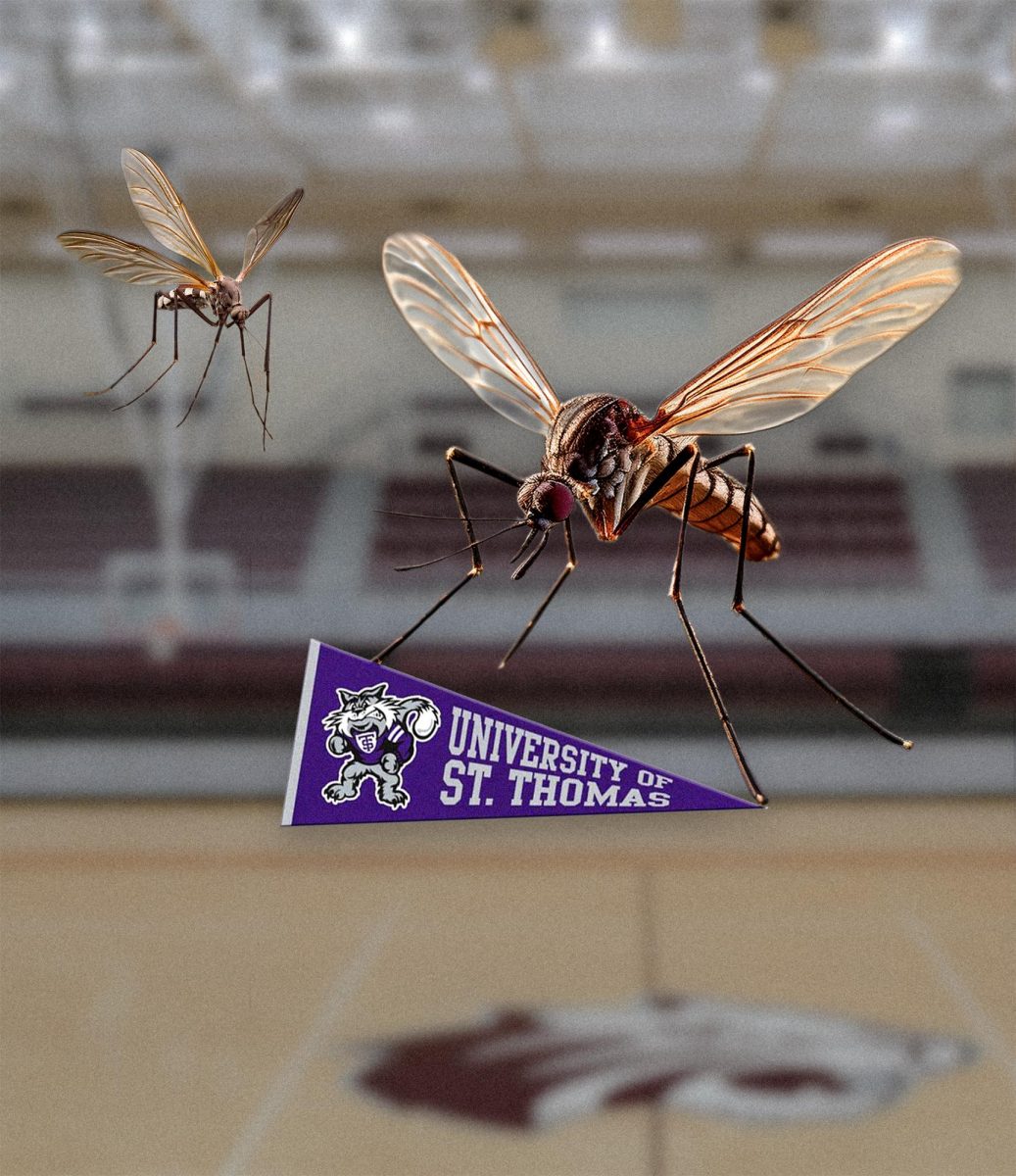Over the years, many people have debated whether NCAA athletes should be paid for the revenue they generate for their school. This long-winded debate has led to no action by the NCAA, and this will likely continue to be the case for years to come. Another common conversation regards the fact that Division III NCAA athletes do not receive athletic scholarships, even though most Division III institutions are private and cost more than a big-name Division I state school. It is a frequently discussed issue for good reason “” money is involved.
Throughout the last decade, news outlets have raised the question of whether Division I athletes should be paid for time dedicated to sport, which leads to national recognition and revenue for their school. Many are attached to the idea that the principles of amateurism justify the lack of pay.
This justification is unpopular with many Division I athletes for a number of reasons, said Zach Austin, senior wide receiver for the Texas Tech University football team.
“I think we should be paid according to the amount of hours that we work, just like a real job. That’s basically what we’re doing here but we don’t get paid like people who work while also doing school. Think about having to get up every morning at 5:45 a.m. and not being able to study or do anything till about 7:30 p.m. at night,” Austin said.
“Specifically talking about sports at Tech, I know that the money we generate here far outweighs any other money-making aspect at this school. Same goes for other big-name schools. Not to mention, I am almost certain that the money we generate isn’t all going back to athletics; it goes back to the school in the areas that the school sees fitting, which does nothing for us but a lot for them without even having to compensate us monetarily.”
Along with Division I athletes like Austin, many professional athletes share this sentiment. In an interview he gave during the Super Bowl XLIX media week, Richard Sherman, cornerback for the Seattle Seahawks, suggested that Division I athletes are not compensated well enough for the amount of work they put in, and said he believes people are not fully aware of the sacrifices many student athletes have to make in order for their schedule to work.
Although Trinity is successful in terms of athletics, athletes receive no compensation. Trinity athletic director of NCAA compliance Justin Parker asserts there is good reason for this.
“From my perspective, the reason that Division III does not do scholarships is that they want to be more academically driven. Top Division III institutions are looking for the student first, and the athlete second. We are looking for the true student athlete. There are no athletes that come here expecting to take classes that are easy because they play a sport, and at some Division I institutions, that may be the case,” Parker said.
Trinity basketball head coach, Pat Cunningham, also explained his stance on the subject.
“There are over 400 schools who philosophically feel that athletic scholarships is not the way to go. They feel the money should go to academic-based scholarships, need-based scholarships and other programs. That is the driving force”” that collective 400 something schools who feel like the money shouldn’t go to athletic scholarships,” Cunningham said.
It seems that the discrepancy between Division I athletes receiving athletic scholarships while Division III athletes receive nothing has much to do with the academic standards their schools set for them. The Division III scholarship debate is less centered around what the athletes offer the school revenue-wise, and more concerned with their well-roundedness.

